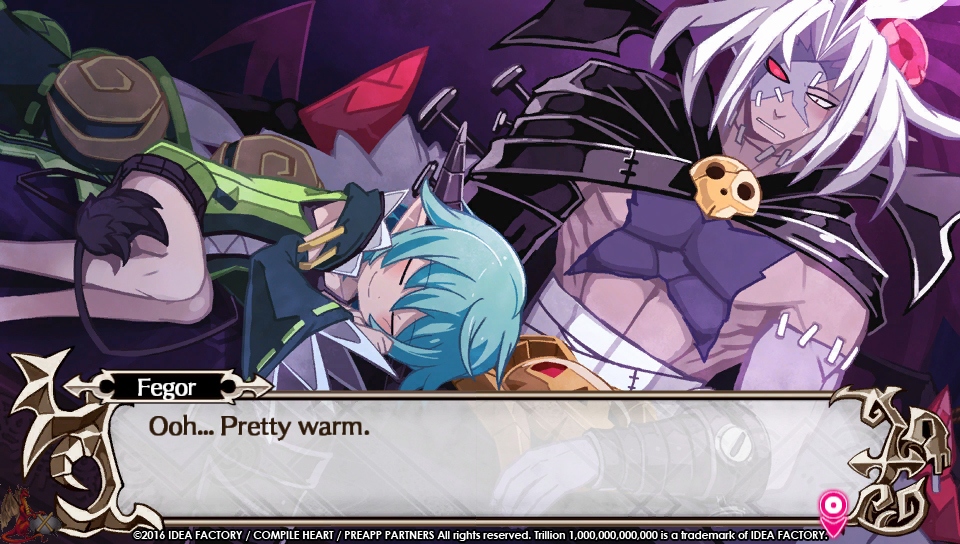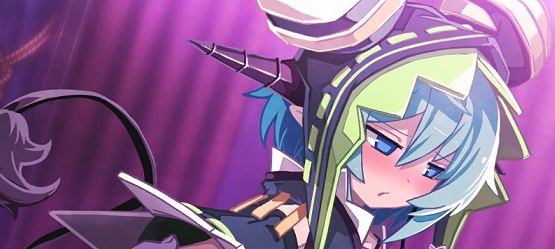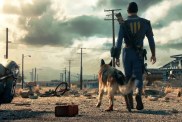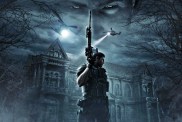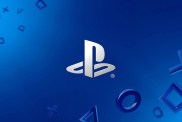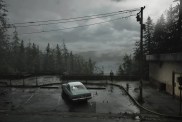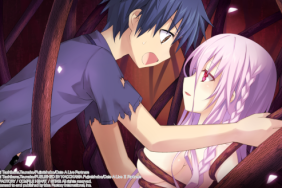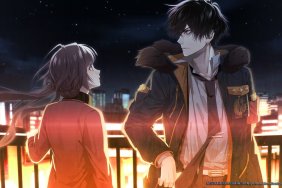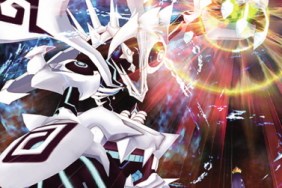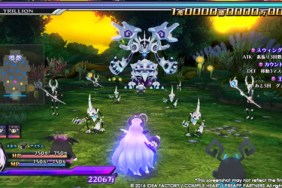Trillion: God of Destruction is one of the more unique JRPGs to come out for PlayStation Vita, and provides a quirky and interesting exclusive for the diehard fans of Sony’s beleaguered little portable. While taking a look at some of the game’s pre-release material, we wondered just how exactly one goes about marketing a game this niche to Western games — after all, the central gimmick of a boss with “a trillion HP” may seem more intimidating than fun to some, and the Vita’s install base is small enough on this side of the globe to make anything released for it a “niche” product in its own way. We also wanted to know just how the localization process worked, as humorous dialogue is one of the main draws of Trillion’s quirky characters!
To get the answers to these questions, we spoke with David Alonzo, Arianne Advincula and Nobuaki Taguchi from Idea Factory International. They spilled the beans on how Trillion made its way West in both the marketing and localization departments, so take a look below!
PlayStation LifeStyle: Telling consumers that they’ll be fighting an enemy with a trillion hit points may be a catchy way to get their attention, but in other ways it might come off as a bit of a chore. How have you made the game’s namesake an appealing part of the marketing campaign?
David Alonzo: Having “trillion” in Trillion: God of Destruction is definitely a way to let players know right off the bat that this game challenges in ways a lot of others don’t. Just by having that much HP, it raises the question of how you can possibly defeat Trillion, which opens up the conversation to the game’s unique system – including permadeath!
The name suggests high stakes to players and so they will really need to manage their time on training and relationship-building to get ready for the roguelike/SRPG battle with Trillion to make sure they can or get the ending you want!
Imagine, all of these game elements is just to prepare for one boss fight! It can be difficult to wrap your mind around fighting a boss with 1,000,000,000,000 HP. So, we’re currently making a series of trailers that breaks down Trillion as a game and emphasizes the time and effort it takes to defeat a boss with a Trillion HP.
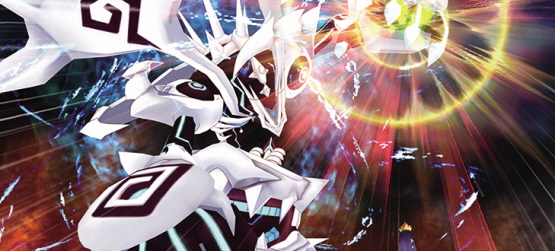
PSLS: JRPGs are a pretty niche genre to begin with these days, but you’re given the additional challenge of generating buzz for a game that isn’t yet a known entity within the genre. How do you go about pushing a niche game for a niche audience?
David: Gamers are drawn to games that go outside the box with unique premises/game systems. With Trillion: God of Destruction, we feel it’s important to emphasize that the developers are mixing things up to provide gamers with a new experience, and not just for the sake of mixing things up. The genres that get blended in Trillion – stat-based raising sims, roguelikes, visual novel elements, and strategy RPGs — all appeal to different types of hardcore or niche gamers.
To show Trillion: God of Destruction directly to our fans, we had a demo at our PlayStation Experience (PSX) booth last year — it’s really the type of game where you need to see the gameplay to understand how to play it. Although we were hoping to interact with SRPG fans, PSX attracted a wider audience of PlayStation gamers and, interestingly enough, when more casual attendees (some of them have never even held a PS Vita before) tried the game we receive a lot of positive feedback!
We also have an Idea Factory International Twitch channel, where we always stream our titles before release! While past streams have been more about interacting with fans from the Neptunia fanbase, our Trillion streams will be more focused on showing and explaining the game system.
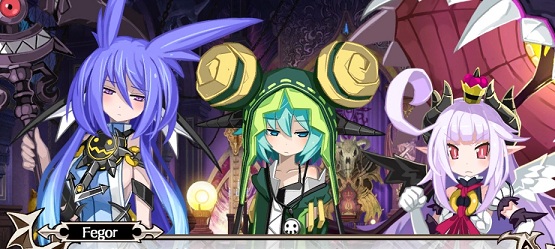
PSLS: The niche audience has its challenges, of course, but it seems like there might be benefits as well. For example, the team behind Final Fantasy may not be able to use their developers as a marketing tool since there’s a large casual audience, but the fans who might be interested in Trillion will immediately recognize names like Compile Heart and Idea Factory. Can it actually be easier in some ways to reach out to a smaller group of more dedicated fans?
David: You’re right! Hardcore fans tend to keep up with the games as they’re released in Japan, so they’re pretty familiar with the titles once they come over Stateside. That’s a positive in one aspect but we still need to strike a balance between giving fans what they know and love about our games and showing new fans who are discovering our games exactly what’s to love.
But in general, having a dedicated audience means that veteran JRPG gamers will recognize a lot of the names on our titles and be drawn to that. For example, people who have liked SRPGs like Disgaea will be familiar with Masahiro Yamamoto’s work and can expect that same kind of over-the-top gameplay in Trillion!
PSLS: Is there ever any attempt to reach people outside the expected group of consumers? If so, how do you pitch a game like this to more casual or hesitant RPG fans?
Of course! We appreciate all the fans who started following us over the past two years, but we’re always looking to bring our games to a wider audience. Like was said earlier, Trillion: God of Destruction is a game with several different facets, so letting people know about the different genres within the game is one way to draw in more interest. We’ve also tried attracting more casual fans with our series of Trillion trailers, which can be found on the Idea Factory International youtube page. These videos break down the process of the game into smaller pieces so they don’t feel so overwhelmed by defeating a boss with so much HP!
PSLS: Games like Trillion: God of Destruction often have a lot of humor in them that may not translate directly — not only from the Japanese to English language, but from Japanese to Western culture as well. Localization teams have many different ways of dealing with this; what’s yours? Do you have a funny writer on the team who outright replaces some of the humor for a Western audience, for example, or perhaps try to keep the culture in a context that audiences on these shores can understand?
Arianne Advincula: We’re very lucky to have a clever localization team. Alex Valles, who was the editor for Megadimension Neptunia VII, is very much in tune with the online Neptunia fandom. One of our translators who worked on Trillion: God of Destruction, Nobuaki Taguchi, is a localization veteran whose years of experience (and age) has him well-versed in Japanese pop culture and the obscure references that will oftentimes pop up in our games!
With our translators and editors all having a good grasp on otaku culture, they’re able to work together to ensure that along with language, our localization team also translates culture.
PSLS: Recently, there has been some controversy surrounding the changes made to Japanese games in the process of localization. A very vocal minority seems to be insisting on translations that are as close as possible, line by line, to the original text. Would you say that’s a realistic proposal, or do you think trying to attempt that would hurt the English versions of these games?
Arianne: Nobu, our translator of Trillion, will touch on this a bit in question #4, but basically how close the localization is to the original text really depends on the title. If the script has a lot of very specific Japanese cultural references or makes puns based on kanji, a transliteration wouldn’t convey the same emotions in English. That’s where balancing the original text and meaning becomes a balancing act.
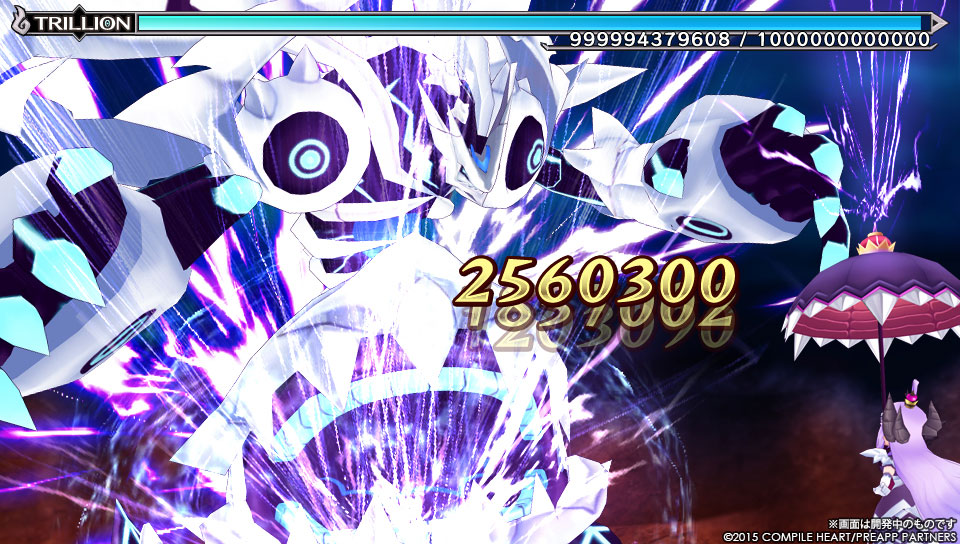
PSLS: How many people on the localization team are fans of these sort of Japanese RPGs? Does it help the localization process to have familiarity with other, similar games out there?
Arianne: Everyone on the team is a fan of JRPGs and gaming in general and it’s definitely a plus. They have that extra insight into exactly what our fans expect from these type of games during the whole process. As I mentioned before, some background in gaming and Japanese culture is especially helpful on our team when it comes to the Neptunia series.
It’s handy for the marketing team too! When we’re trying to come up with a marketing plan, we already know the audience. It’s like we can just ask ourselves, “Do you want a body pillow cover?” Haha!
PSLS: Some people are highly critical of small decisions and mistakes made during the localization process, which is actually a lot more complex and nuanced than they might think. Can you talk a little bit about just how intensive some of the work is, and what some of the most difficult aspects of your job are?
Nobuaki Taguchi: Localization can differ between projects, but one of the most important aspects that needs to be determined and adhered to, is how authentic you want to make the game to the original Japanese version. A lot of Japanese projects include particular Japanese cultural aspects which may be too niche for the Western audience. It’s a universal argument as to whether one should be as authentic to the source as possible, even if it meant some content may not translated well to another language, or whether the localization should “localize” the content so that it at least makes sense, even at the expense of what the source may be trying to portray. We generally try to approach this with balance, but when pressed to make a choice, I usually go for keeping authenticity, even if it meant losing some people in process. If this were a more casual game then, definitely, it should be localized so that anyone and everyone can understand, but with how focused and fan-centric our games are, I try to maintain the content, or at least keep the vibe that the original Japanese game is trying to drive at.
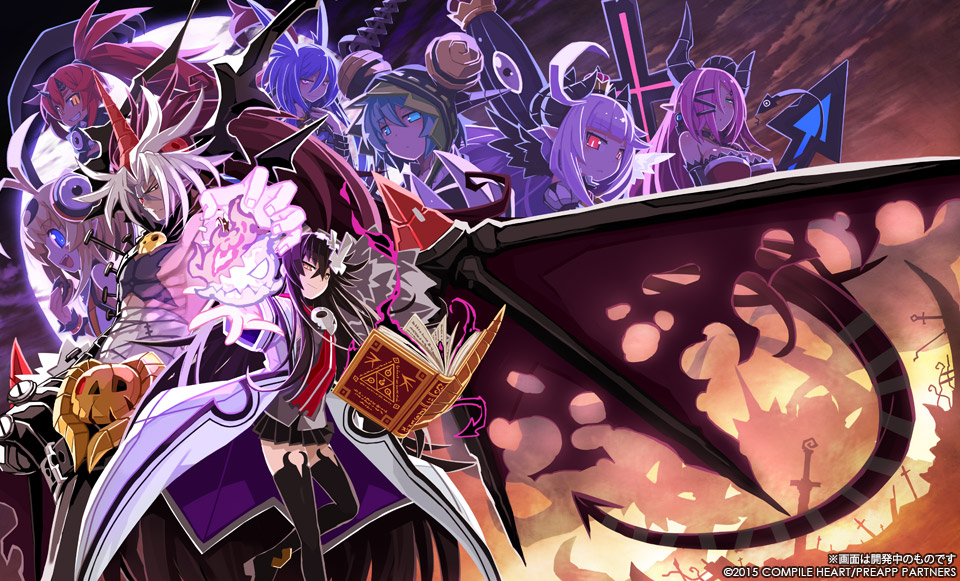
To that extent, the difficulty really is making a call on how close we want to localize the project. Not everyone will be happy, that’s a given. But we do try our best to cater to our demographic as much as possible so that everyone can enjoy the charm that the Japanese game holds.
PSLS: On a purely personal level, what was your favorite part of localizing Trillion? Do you have any prevailing memories of the experience?
Nobuaki: Personally, my favorite part was working on each of the Overlords’ dialogue. In particular, Ashmedia and Fegor were pretty fun. As for prevailing memories, that would have to be the day when the initial translations were done – all 1.2 million words of them… We were very pressed for time, and I take pride that we were able to pull it off in a somewhat surreal time frame.
We thank David, Arianne and Nobuaki for their time in answering all our questions! If you’re interested in taking on an enemy with a trillion hit points, check out Trillion: God of Destruction’s official website. The game will be released on March 29;don’t forget to check out our review soon!
Trillion 2/21
-
Trillion
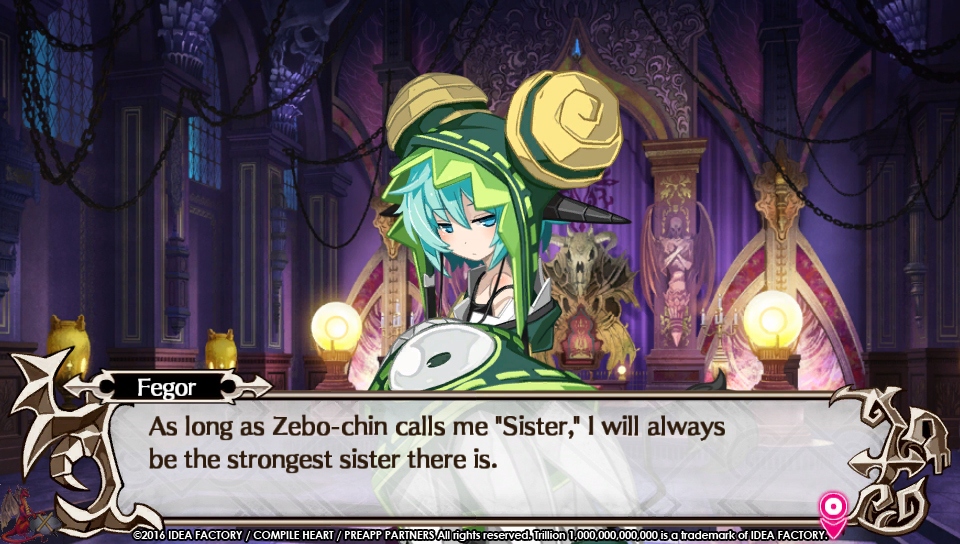
-
Trillion
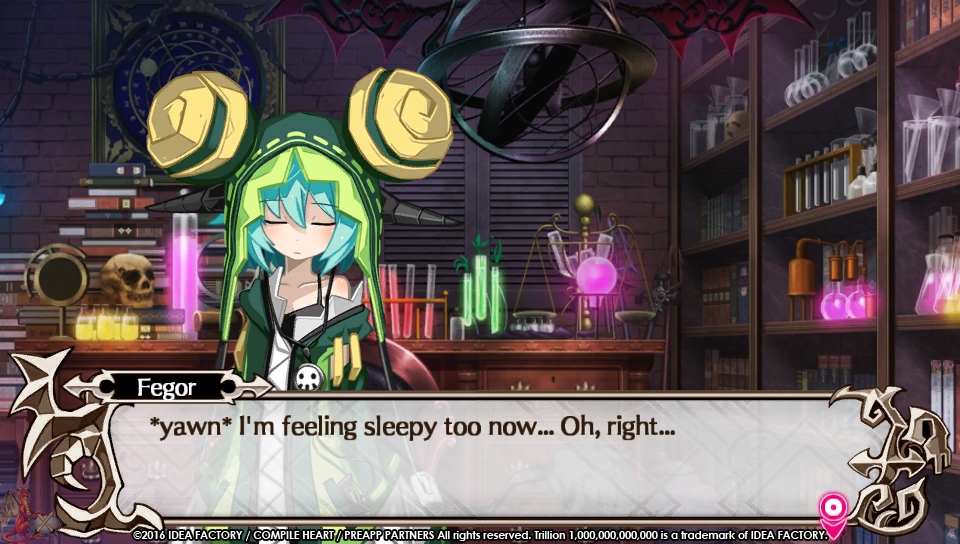
-
Trillion

-
Trillion
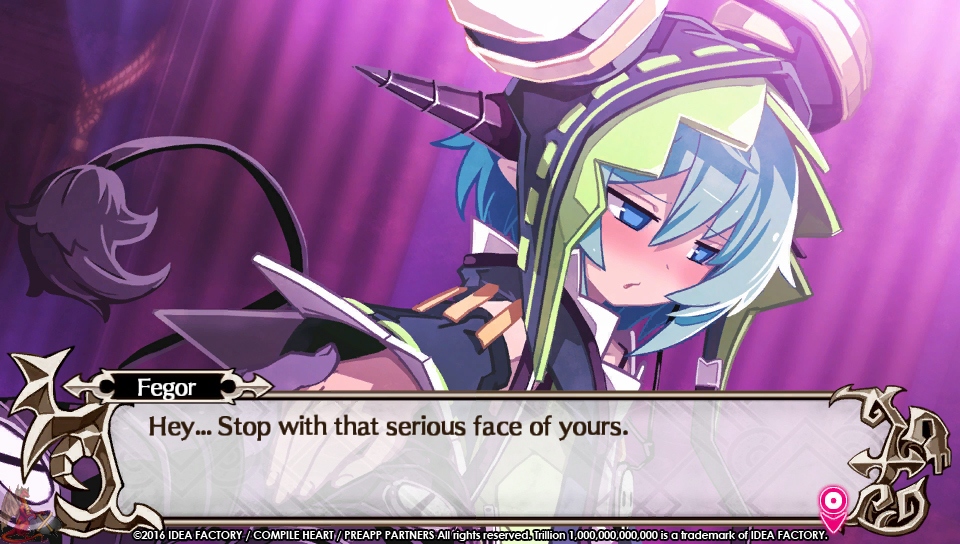
-
Trillion
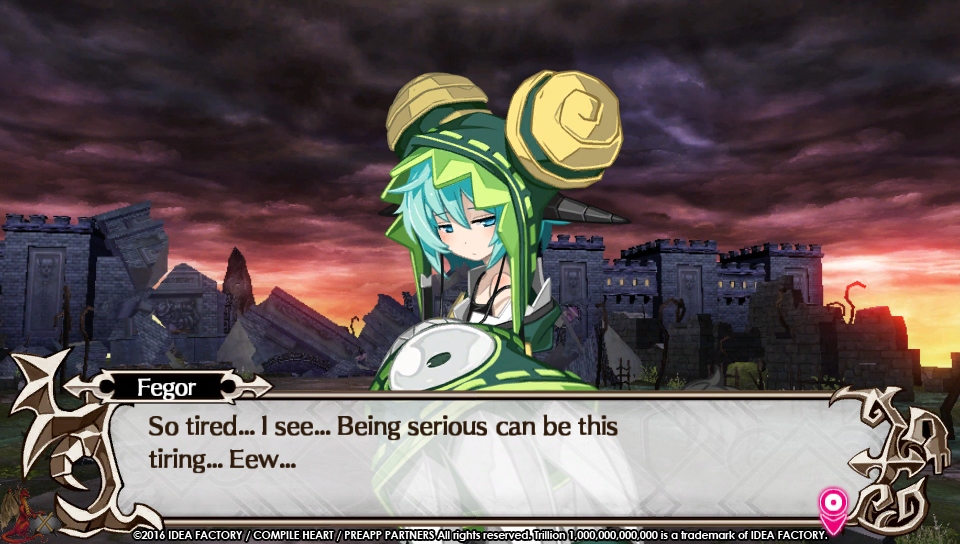
-
Trillion

-
Trillion
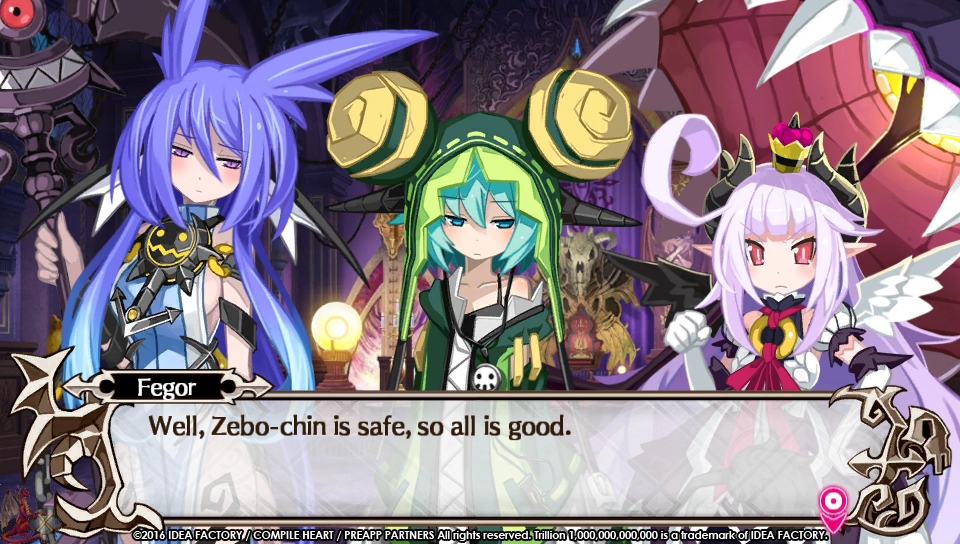
-
Trillion
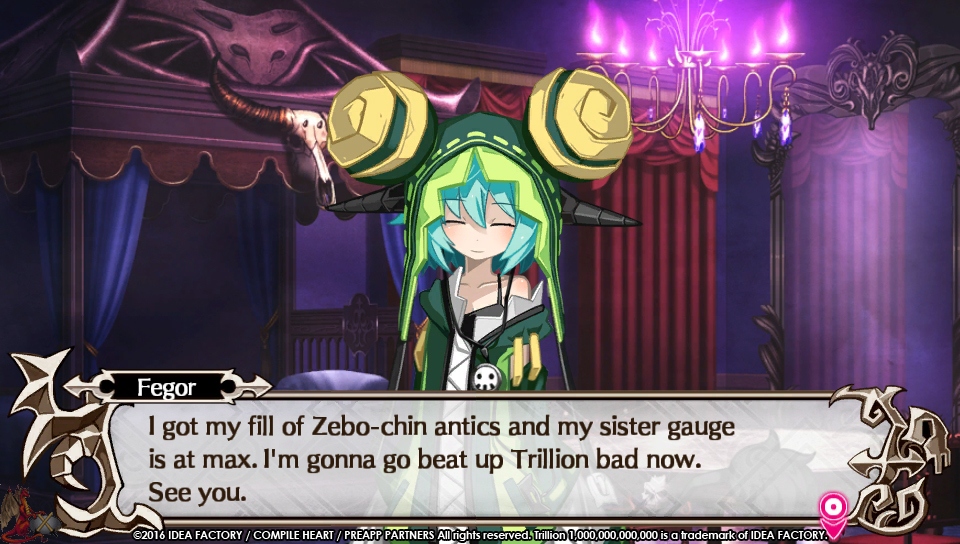
-
Trillion
